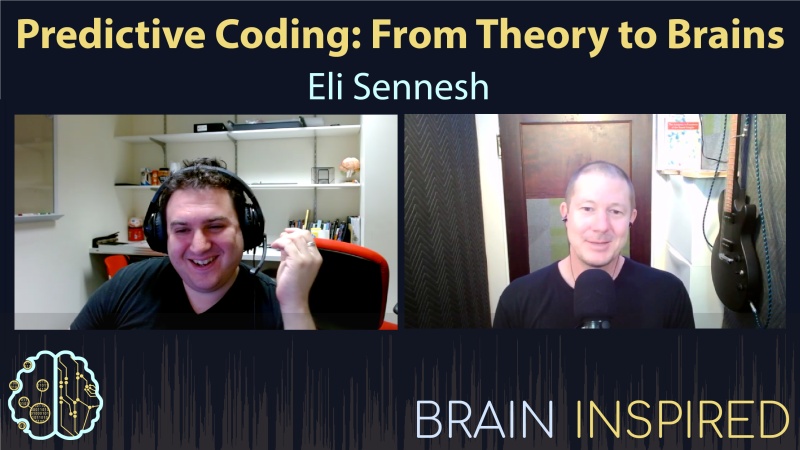
BI 202 Eli Sennesh: Divide-and-Conquer to Predict
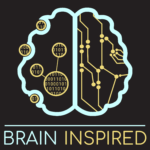
Eli Sennesh on bridging predictive coding and NeuroAI


Eli Sennesh on bridging predictive coding and NeuroAI
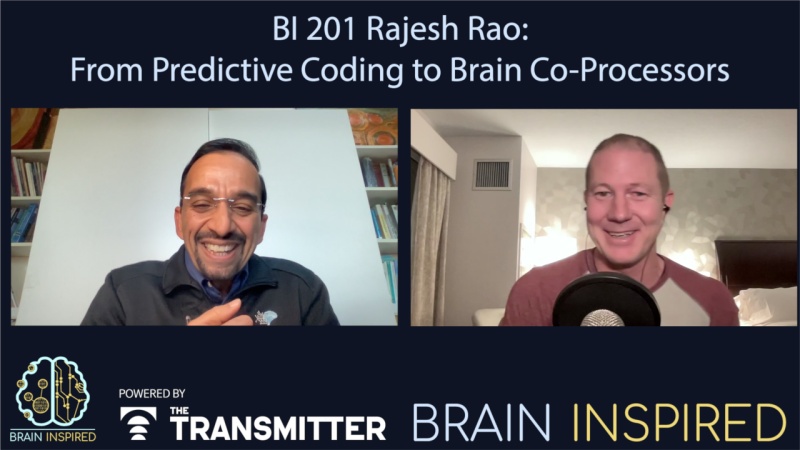

Rajesh Rao shares his updated theory on how the cortex could implement active predictive coding. Predictive coding shares theoretical roots with predictive processing, the bayesian brain, active inference, and the free energy principle, all of which are general theories of brain function.
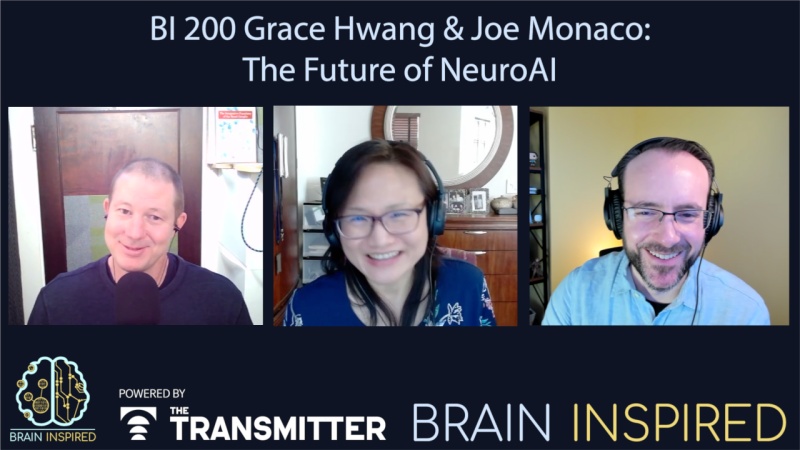

Joe Monaco and Grace Hwang co-organized a recent workshop I participated in, the 2024 BRAIN NeuroAI Workshop. You may have heard of the BRAIN Initiative, but in case not, BRAIN is is huge funding effort across many agencies, one of which is the National Institutes of Health, where this recent workshop was held. The BRAIN Initiative began in 2013 under the Obama administration, with the goal to support developing technologies to help understand the human brain, so we can cure brain based diseases.
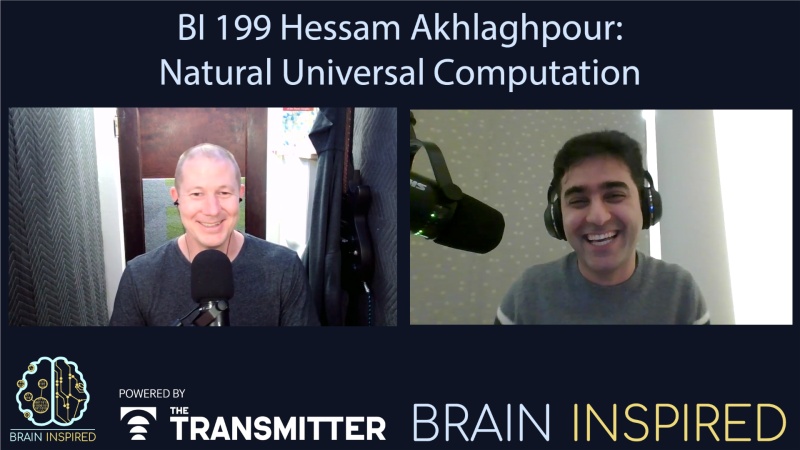

Hessam Akhlaghpour is a postdoctoral researcher at Rockefeller University in the Maimon lab. His experimental work is in fly neuroscience mostly studying spatial memories in fruit flies. However, we are going to be talking about a different (although somewhat related) side of his postdoctoral research. This aspect of his work involves theoretical explorations of molecular computation, which are deeply inspired by Randy Gallistel and Adam King’s book Memory and the Computational Brain.
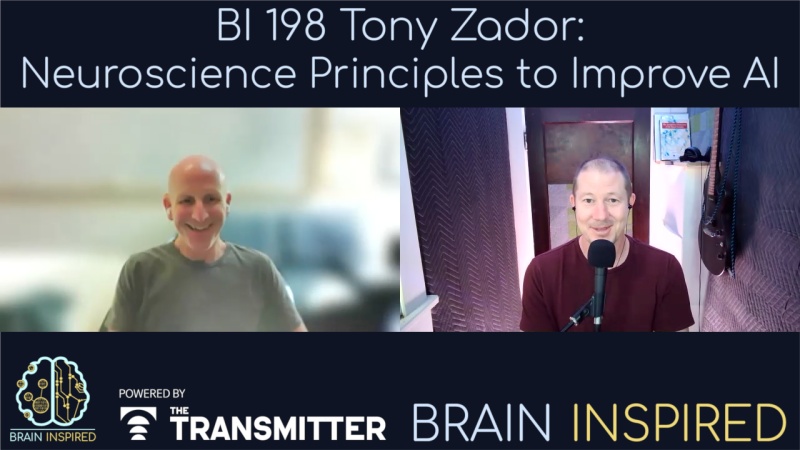

We’re in a huge AI hype cycle right now, for good reason, and there’s a lot of talk in the neuroscience world about whether neuroscience has anything of value to provide AI engineers – and how much value, if any, neuroscience has provided in the past.